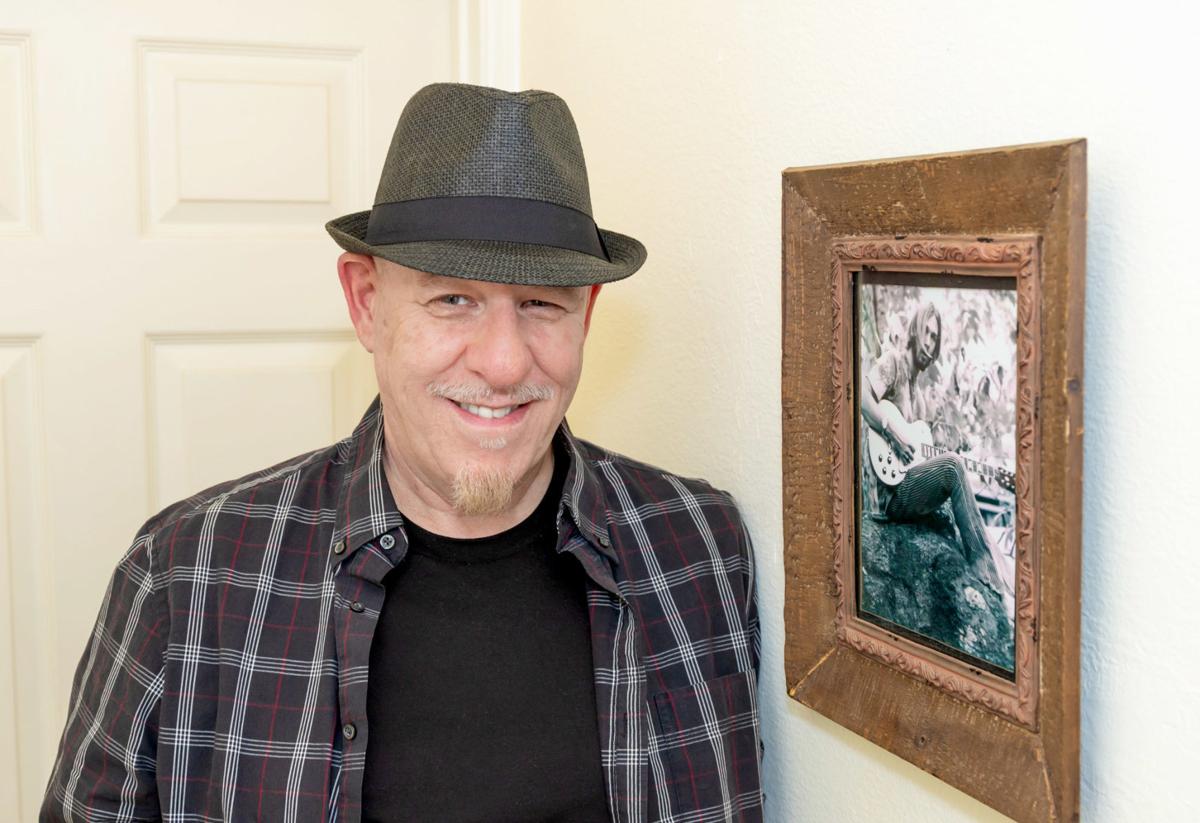A federal magistrate in ├█Ķųų▒▓ź has voided policies of the Social Security Administration that deny benefits to the survivors of some gay marriages.
In a precedent-setting decision, Magistrate Judge Bruce Macdonald said it was wrong for the government to conclude that Michael Ely of ├█Ķųų▒▓ź did not meet the legal requirements to be considered the legal survivor of James A. Taylor.
Macdonald acknowledged the policy requires that couples have been married for at least nine months for the survivor to get benefits. And that was not the case here, as Taylor died within six months of their wedding.
But the judge said Ely was legally precluded from marrying Taylor in ├█Ķųų▒▓ź until October 2014 when a federal judge voided the stateŌĆÖs ban on same-sex nuptials. They wed the following month, with Taylor dying six months later.
People are also reading…
And Macdonald said the government cannot use that unconstitutional ban to now penalize Ely.
ŌĆ£The unconstitutional infringement on Mr. Ely and Mr. TaylorŌĆÖs fundamental right to marriage is now being perpetuated further by the denial of Mr. Ely to obtain survivorŌĆÖs benefits,ŌĆØ the judge wrote.
Ely, in a prepared statement, said he was gratified the court recognized the 43 years he and Taylor were together ŌĆ£rather than looking only at the date on a marriage certificate that we were denied for most of our lives.
ŌĆ£We got married as soon as the law permitted,ŌĆØ he said. ŌĆ£My husband paid into Social Security with every paycheck, and I know he can rest easier now knowing that I, at last, will start receiving the same benefits as other widowers.ŌĆØ
But Macdonald did more than just order the Social Security Administration to provide benefits for Ely, retroactive to when he should have gotten them in the first place. He enjoined the government from denying benefits to others, anywhere in the country, in the same position.
The new ruling does not help those who never got a chance to marry because of the ban on same-sex marriages.
But Peter Renn, an attorney with Lambda Legal, which handled this case, said there is a separate lawsuit pending asking a federal court to issue a similar ruling, requiring Social Security to determine whether there are ŌĆ£objective indiciaŌĆØ of a committed relationship.
According to court records, Ely and Taylor had been together for decades, even having a commitment ceremony in 2007, 36 years after they had been living together, as they were not legally permitted to wed.
Only in 2014, after Taylor was diagnosed with cancer ŌĆö and a month after ├█Ķųų▒▓źŌĆÖs ban on same-sex marriage was declared invalid ŌĆö did the pair legally marry in a small ceremony at Pima County Superior Court.
ŌĆ£Sadly, six months later, Mr. Ely was checking the ŌĆświdowŌĆÖ box,ŌĆØ Macdonald wrote. ŌĆ£Despite his best effort, Mr. Taylor did not live to see their first anniversary.ŌĆØ
The judge said that after the couple married they worked put to their home, and later, their townhouse, in both of their names, subsequently transferring everything to Ely.
ŌĆ£During Mr. TaylorŌĆÖs illness, Mr. Ely would care for him,ŌĆØ Macdonald wrote. ŌĆ£Mr. Ely described Mr. Taylor as not having a fear of dying but rather being concerned about Mr. ElyŌĆÖs well-being after his death.ŌĆØ
But when Ely applied for survivor benefits, the agency turned him down.
At the heart of the legal issue are provisions in the Social Security Act that provide widowsŌĆÖ and widowersŌĆÖ insurance benefits.
These allow a surviving spouse to collect a monthly stipend based on the wages and self-employment income of the deceased spouse. Those benefits begin at age 60.
But the law also says that, subject to various exceptions, a couple must have been married for ŌĆ£a period of not less than nine monthsŌĆØ in order for a surviving spouse to qualify.
Macdonald acknowledged the law was built to avoid people getting married not for the traditional reasons ŌĆ£but instead to enable one spouse to claim benefits upon the anticipated early death of the wage earner.ŌĆØ
There are exceptions to the nine-month rule when a spouse is in the military and dies during active duty, cases where the same couple had been married, divorced and remarried for less than nine months, and issues related to people who stayed married to a former spouse who had been institutionalized.
Macdonald noted there was a 2013 U.S. Supreme Court decision requiring the federal government to recognize same-sex marriages.
But even then, the Social Security Administration concluded it would decide on a coupleŌĆÖs marital status depending on what the law was in each state. And the ├█Ķųų▒▓ź ruling did not come until the following year.
Based on that, attorneys for the government argued to Macdonald that it had done nothing wrong and the decision to deny benefits to Ely was based not on ├█Ķųų▒▓ź laws nor because of his sexual orientation. Instead, they said they were simply following the ŌĆ£facially neutral criteriaŌĆØ that requires a marriage to have lasted at least nine months.
Macdonald said the reasons the government used to deny benefits are irrelevant.
ŌĆ£Because the duration of marriage requirement is based on an unconstitutional ├█Ķųų▒▓ź law, it cannot withstand scrutiny at any level,ŌĆØ he wrote.
Renn said he did not know how many people nationwide will be affected by the ruling.
On Twitter: @azcapmedia












